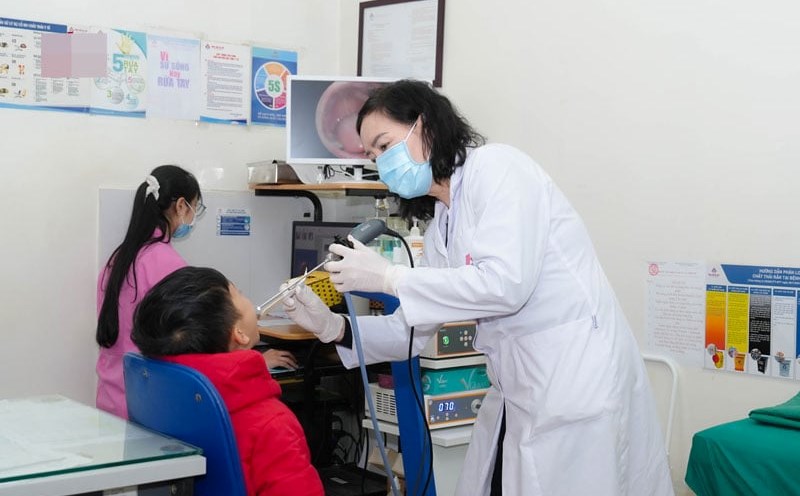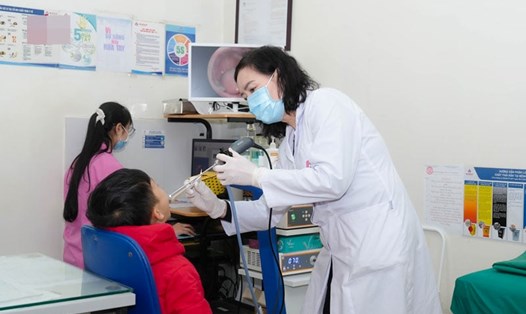According to Dr. Arun Chowdary Kotaru, Consultant - Department of Respiratory, Lung and Sleep Medicine, Artemis Hospital (India), High humidity in the home can cause many serious health problems, affecting your respiratory system, skin and mood. When the air is too moist, mold and bacteria can easily grow, causing allergies, asthma or skin problems. At the same time, this environment can also reduce your work efficiency and sleep. Controlling indoor humidity is very important to protect health and comfort in daily life.
Dehydration
When the humidity in the house is high, the body has to sweat more to regulate the temperature. However, in a humid environment, cooling the body becomes difficult, leading to dehydration. Symptoms of dehydration include headaches, dizziness, fatigue, even diarrhea and vomiting.
Respiratory problems
High humidity facilitates the growth of mold, bacteria and dust, which can cause respiratory problems such as asthma, allergies, and rhinitis. People with weak respiratory systems or lung diseases will feel short of breath and may have cough or pneumonia.
mold and bacteria
When indoor humidity is too high, mold can grow on walls, ceilings, and other surfaces. Exposure to mold can cause skin and eye problems, allergies, or irritation of systems in the body.
Effects on the skin
High humidity can increase oil secretion and make the skin susceptible to acne, dermatitis, or other skin problems. It can also cause discomfort, oiliness and heat.
Fatigue and loss of concentration
A highly humid environment can make you feel tired, lose focus and have difficulty sleeping. When the air is too humid, the body also feels more uncomfortable because it has to work harder to maintain body temperature.
Note
Dr. Arun Chowdary Kotaru said that high humidity in the home can cause many serious health problems, from dehydration, mold development, respiratory problems, skin problems to poor sleep quality. Maintaining humidity within a safe range and taking measures to control humidity in the living space is very important to protect health.











